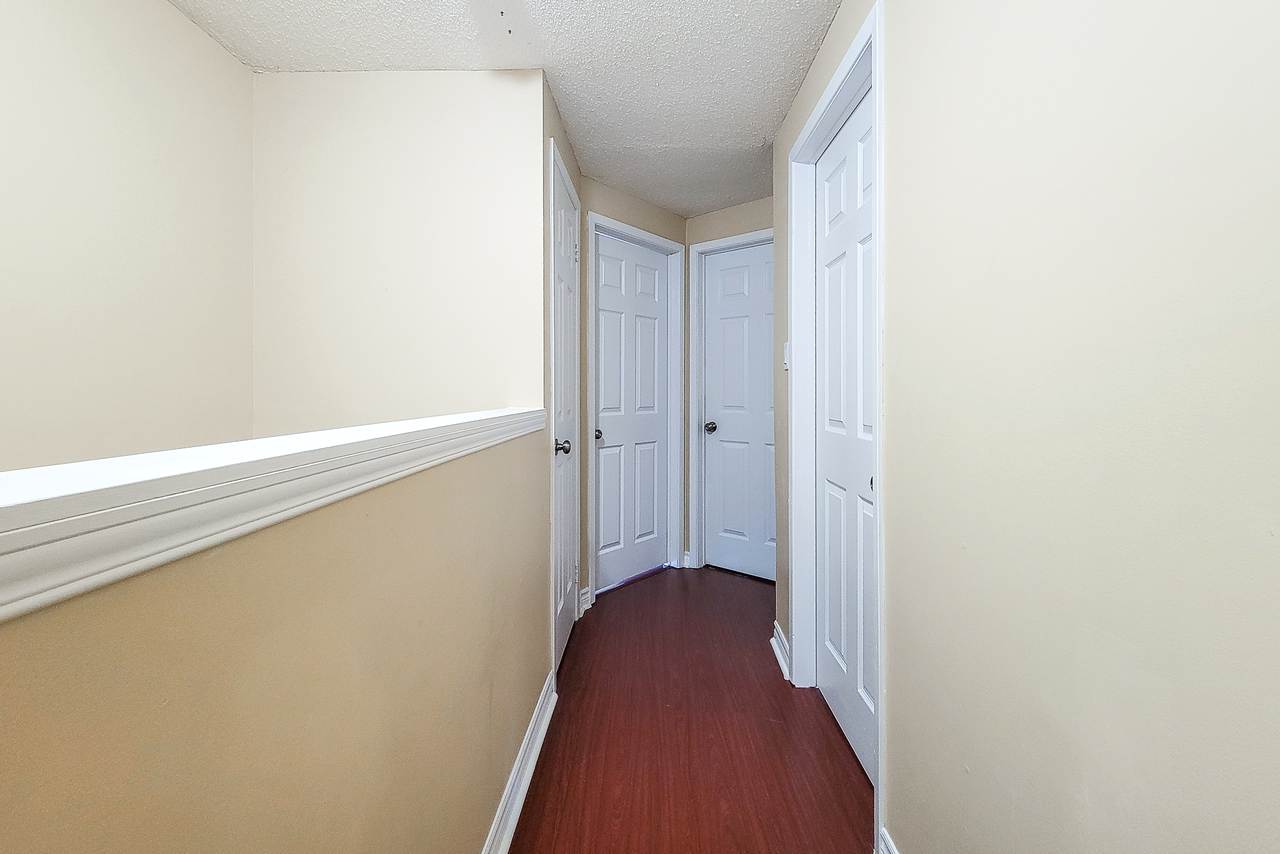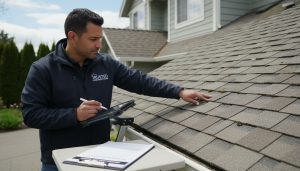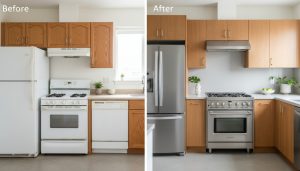Can I get liability insurance for my property?
Stop Risk Now: Yes, you can get liability insurance for your property — here’s exactly how to protect yourself from lawsuits and costly claims.
Quick Answer
Yes. Property liability insurance exists for homeowners, landlords, and commercial property owners. It covers third-party injury and property damage you’re legally responsible for. That includes premises liability, tenant claims, visitor injuries, and some legal defense costs.
What liability insurance for property actually covers
- Premises liability: slips, trips, falls on your property.
- Tenant liability: damage or injury caused by tenants to third parties.
- Advertising and personal injury: certain reputation or libel claims tied to the property business.
- Legal defense: court costs and settlements up to your policy limit.
Keywords: property liability insurance, homeowner liability insurance, rental property insurance, commercial property liability, premises liability.

Who needs it
If you own a home, an investment property, or commercial real estate, you need liability coverage. Lenders and property managers often require it. Landlords without proper liability insurance risk out-of-pocket legal fees and lost rental income.
Types of policies to consider
- Homeowner liability (personal liability) — for owner-occupied homes.
- Landlord/rental property liability — designed for tenants and rental exposures.
- Commercial general liability (CGL) — for businesses operating on the property.
- Umbrella insurance — adds an extra layer above your primary policy for large claims.
How insurers set price (and how to lower it)
Rates depend on claims history, location, property type, age, safety features, and occupancy. Lower premiums by:
- Installing cameras, lighting, and gates.
- Doing regular maintenance and keeping records.
- Screening tenants and requiring renter’s insurance.
- Bundling with property insurance and raising deductibles.
Step-by-step: How to get liability insurance for your property
- Inventory risk: list occupants, visitors, operations, and high-risk features (pools, stairs).
- Choose the right policy type (homeowner, landlord, CGL).
- Decide coverage limits — base on asset value and lawsuit exposure. Consider $1M minimum; add umbrella if needed.
- Get multiple quotes from licensed brokers. Compare limits, exclusions, endorsements, and premiums.
- Request endorsements for specific risks (pool liability, short-term rentals).
- Maintain records of inspections and repairs; it reduces claims and helps defend a lawsuit.

Red flags and exclusions to watch
- Intentional acts and criminal behavior are excluded.
- Flood and earthquake usually need separate policies.
- Some policies exclude short-term rental exposures unless endorsed.
Final word — act now
Liability claims can destroy savings. Don’t assume basic property insurance covers lawsuits. Get the right liability policy, set strong limits, and add an umbrella for major exposure.
Need a fast, local expert who knows property risk and can get you the right coverage? Contact Tony Sousa — experienced realtor and risk adviser. Email: tony@sousasells.ca | Phone: 416-477-2620 | https://www.sousasells.ca
Keywords repeated naturally: liability insurance for property, property liability insurance, landlord liability insurance, umbrella insurance, risk management.





















